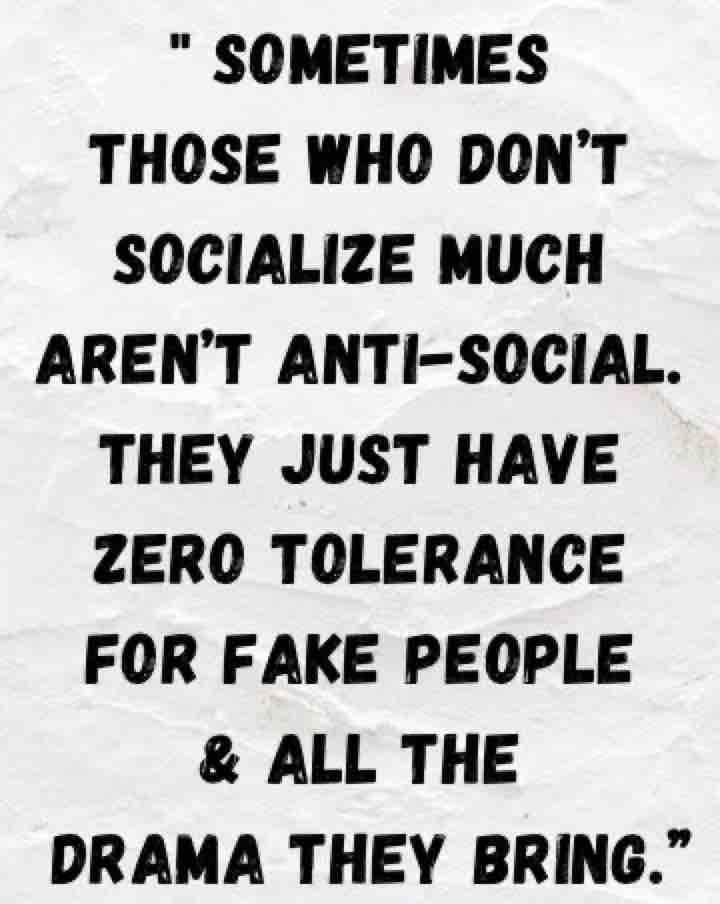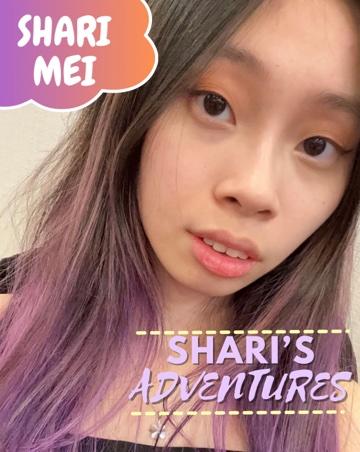Oregairu: Being Anti-Social is Worse Than Being Fake
Anti-social or just had enough?
Sometimes those who don’t socialize much aren’t anti-social.They just have zero tolerance for fake people and all the drama they bring.
This is a quote from an anime called “Oregairu, My youth romantic comedy is wrong as I expected”, from the main character Hikigaya, Hachiman. In the anime, Hikigaya is known on MyAnimeList’s synopsis as having “narcissistic and semi-nihilistic tendencies”, however I wouldn’t describe him that way. The way that I would describe him is a realist.
I particularly enjoy this quote and Hikigaya’s character overall because he’s a very realistic character and is perfectly flawed, allowing for many relatable moments when watching.
This anime is bound to entice many anime and non-anime watchers alike. Try it out for yourselves.
editor addition:
My Youth Romantic Comedy Is Wrong, As I Expected (also known as Oregairu) is a Japanese light novel series written by Wataru Watari and illustrated by Ponkan8. The story revolves around the life of Hachiman Hikigaya, a cynical and socially awkward high school student, and his interactions with other members of his school's Service Club. The series explores themes of youth, social relationships, and personal growth, all while subverting the traditional tropes of the romantic comedy genre.
Main Characters…Plot
The protagonist, Hachiman Hikigaya, is a high school student with a jaded view of life and an inability to form meaningful connections with his peers. His cynical outlook is a result of past experiences and his belief that genuine relationships are rare and often lead to disappointment. Hachiman's life takes a turn when his teacher, Shizuka Hiratsuka, forces him to join the Service Club, a club dedicated to helping students with their problems.
The third central character is Yui Yuigahama, a cheerful and friendly girl who becomes involved with the Service Club after seeking their help. Yui's genuine kindness and positive attitude contrast sharply with Hachiman and Yukino's more cynical perspectives. Over time, the trio develops a complex and nuanced dynamic, with each character influencing and challenging the others.
Themes and Subversion of Tropes
Oregairu stands out in the romantic comedy genre due to its realistic and often harsh portrayal of teenage life and relationships. The series delves into the complexities of social interactions, highlighting the struggles and misunderstandings that can arise. Unlike many typical romantic comedies, Oregairu does not shy away from depicting the darker aspects of human nature and the consequences of one's actions.
One of the key themes of the series is the idea that true understanding and connection require effort, honesty, and vulnerability. Hachiman's journey is marked by his gradual realization that his cynical worldview is a defense mechanism that prevents him from forming genuine relationships. Through his interactions with Yukino and Yui, he begins to understand the importance of empathy and communication.
Development…Reception
Oregairu first began serialization as a light novel series in March 2011 under Shogakukan's Gagaga Bunko imprint. The series quickly gained popularity for its relatable characters, sharp dialogue, and thought-provoking themes. The success of the light novels led to several adaptations, including manga, anime, and even a video game.
The anime adaptation, produced by Brain's Base for the first season and later by Feel for the subsequent seasons, further boosted the series' popularity. The first season of the anime aired in 2013, followed by the second season in 2015 and the third season in 2020. The anime faithfully captures the essence of the light novels, bringing the characters and their interactions to life with impressive animation and voice acting.
As of now, the Oregairu light novel series consists of 14 main volumes and several additional volumes that explore side stories and character backgrounds. The manga adaptation has also been well-received, with multiple volumes released.



